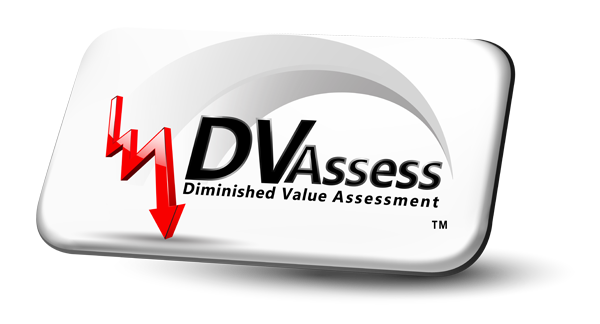After a car accident, a vehicle’s value invariably decreases, an effect known as diminished value. This depreciation, akin to a sudden drop in stock prices, results from the stigma attached to a vehicle with a history of damage, impacting both…
Filing a successful diminished value claim involves a series of well-planned steps. Start with immediate and thorough documentation post-accident, including photos and witness statements. Obtain the police report for an official account of the incident. A professional vehicle appraisal is…
Negotiating a diminished value claim successfully begins with thorough preparation, including a professional appraisal of your vehicle and collecting all relevant documentation like repair bills and the accident report. Understanding your insurance policy in detail is crucial. Initiate the claim…
When dealing with a diminished value claim after a vehicle accident, it's crucial to understand the statute of limitations, which varies by state. This legal time frame dictates how long you have to initiate legal proceedings and can range from…
Crafting a successful demand letter for a diminished value claim involves meticulous structuring, persuasive language, and solid evidence. Start with your contact information, followed by a factual account of the accident and details of the repairs, emphasizing the damage's impact…
After a vehicle accident, diminished value claims provide financial compensation for the car's decreased value post-repair. The most common formula used for calculating this is the 17c method, derived from a Georgia court case. It starts by capping the car's…
Navigating a diminished value claim involves understanding the concept, meeting specific criteria, obtaining a detailed appraisal, meticulous documentation, and skilled negotiation with insurance companies. The claimant must typically not be at fault, with a vehicle insured under a policy that…
Understanding diminished value is crucial for car owners post-accident. This term refers to the loss in a vehicle's market value due to its accident history, impacting future sales and insurance premiums. The article explores the mechanics of car depreciation and…
In auto accidents, determining who covers the diminished value—a loss in a vehicle's market value post-repair—is key. Typically, the at-fault driver's insurance is responsible for compensating this value loss. However, the process can get complex in shared fault scenarios or…
"Diminished Value Assessment: Navigating the Financial Impacts of Vehicle Accidents" In the complex world of vehicle ownership, accidents can significantly impact a car's market value. Understanding the concept of diminished value is essential for vehicle owners, potential buyers, and insurance…
